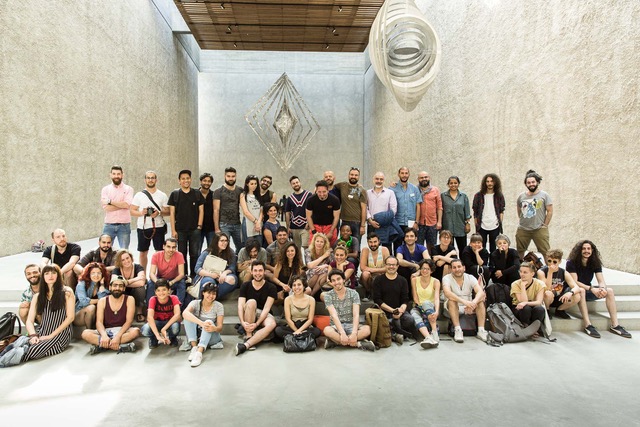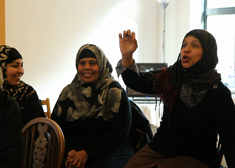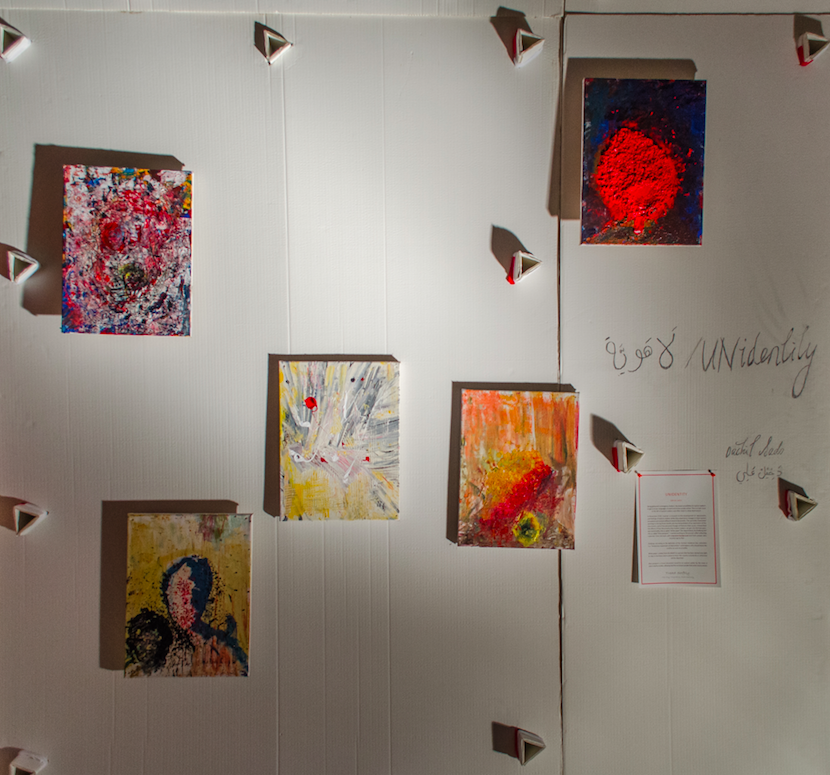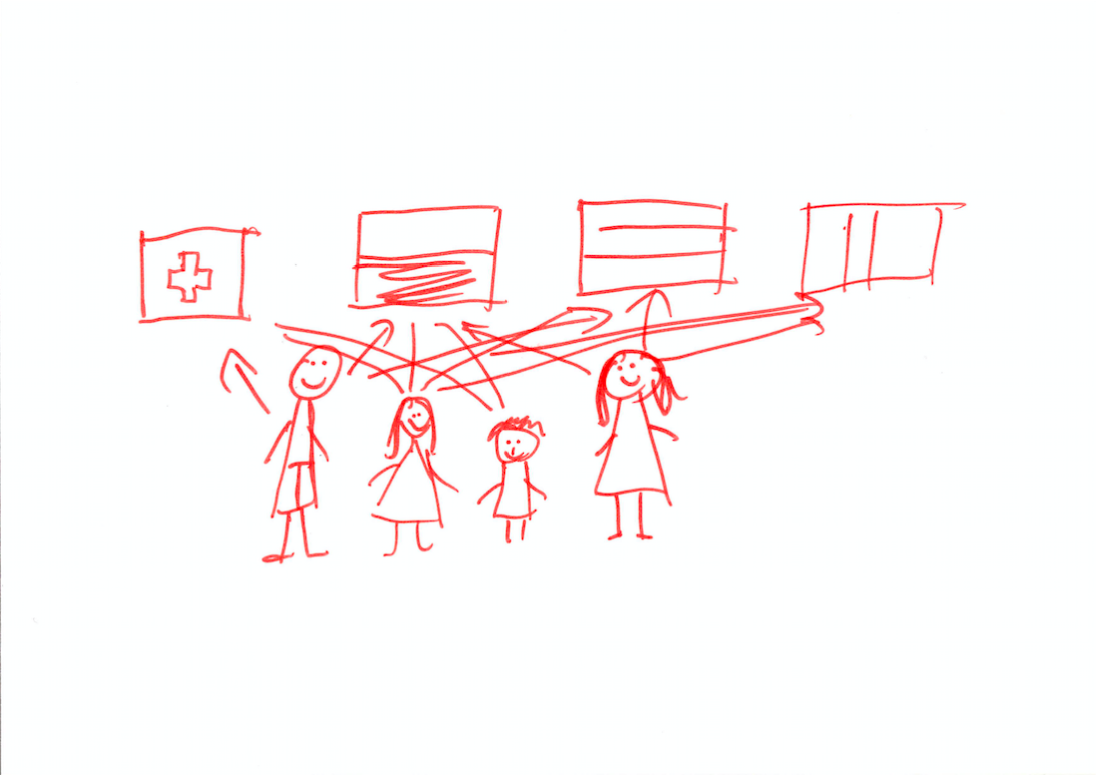
FLAX is a network for cultural networking and collaboration, which promotes cultural exchange and cooperation for local and newly arrived cultural workers, artists and institutions inside Germany. We do not exclude any nation, color, legal status (as, for example, a refugee status) or religion. We are open and accessible to everybody. We are supporting and organizing interdisciplinary and intercultural artistic projects. We support artists in developing their individual artistic position or obtaining cultural education in Germany. A strong part of our program is a mentoring program established for newly arrived artists and cultural managers from all different parts of the world. We provide support and, if possible, access to university education, scholarships, residencies, information, proposals, and workshops. Our mission is to bring people from the cultural world in contact to each other. We would like to support you as individual arriving newly to Germany. We will try to accompany you through the complexity of the German Cultural Systems. We believe that a strong network is a chance to develop artistically as an individual and that mixing disciplines and backgrounds are a key to creativity and intercultural competency.
 The Brexit vote engendered a sense of fractured nationhood in Wales. Wales voted to leave the European Union, however, the regions of Ceredigion, Cardiff and Gwynedd voted to remain. A key point of persuasion in the media and Brexit campaign was migration. This project explored representations of migration in Wales, both historically and in the current climate, in these three remain regions. There was an analysis of local print press media around migration to examine the positioning of migrants and the dominant competing discourses. Interviews with migrants explored how they felt they were positioned by wider Welsh society and how the temporal shift between pre- and post-Brexit have impacted on their everyday experiences. Interviews involved pre-tasks where participants worked with a pictorial timeline to reflect on these shifts and created a metaphor to represent their experiences. There was also a photo elicitation activity where images from recent media reports leading up to Brexit were introduced and explored. The findings from the study are presented in multi-modal forms, including an animated short film and two posters, to increase their accessibility and address issues of impact and engagement. You can see an animated film reflecting on the project
The Brexit vote engendered a sense of fractured nationhood in Wales. Wales voted to leave the European Union, however, the regions of Ceredigion, Cardiff and Gwynedd voted to remain. A key point of persuasion in the media and Brexit campaign was migration. This project explored representations of migration in Wales, both historically and in the current climate, in these three remain regions. There was an analysis of local print press media around migration to examine the positioning of migrants and the dominant competing discourses. Interviews with migrants explored how they felt they were positioned by wider Welsh society and how the temporal shift between pre- and post-Brexit have impacted on their everyday experiences. Interviews involved pre-tasks where participants worked with a pictorial timeline to reflect on these shifts and created a metaphor to represent their experiences. There was also a photo elicitation activity where images from recent media reports leading up to Brexit were introduced and explored. The findings from the study are presented in multi-modal forms, including an animated short film and two posters, to increase their accessibility and address issues of impact and engagement. You can see an animated film reflecting on the project 


